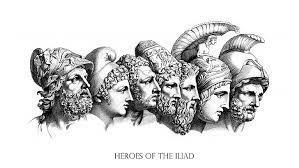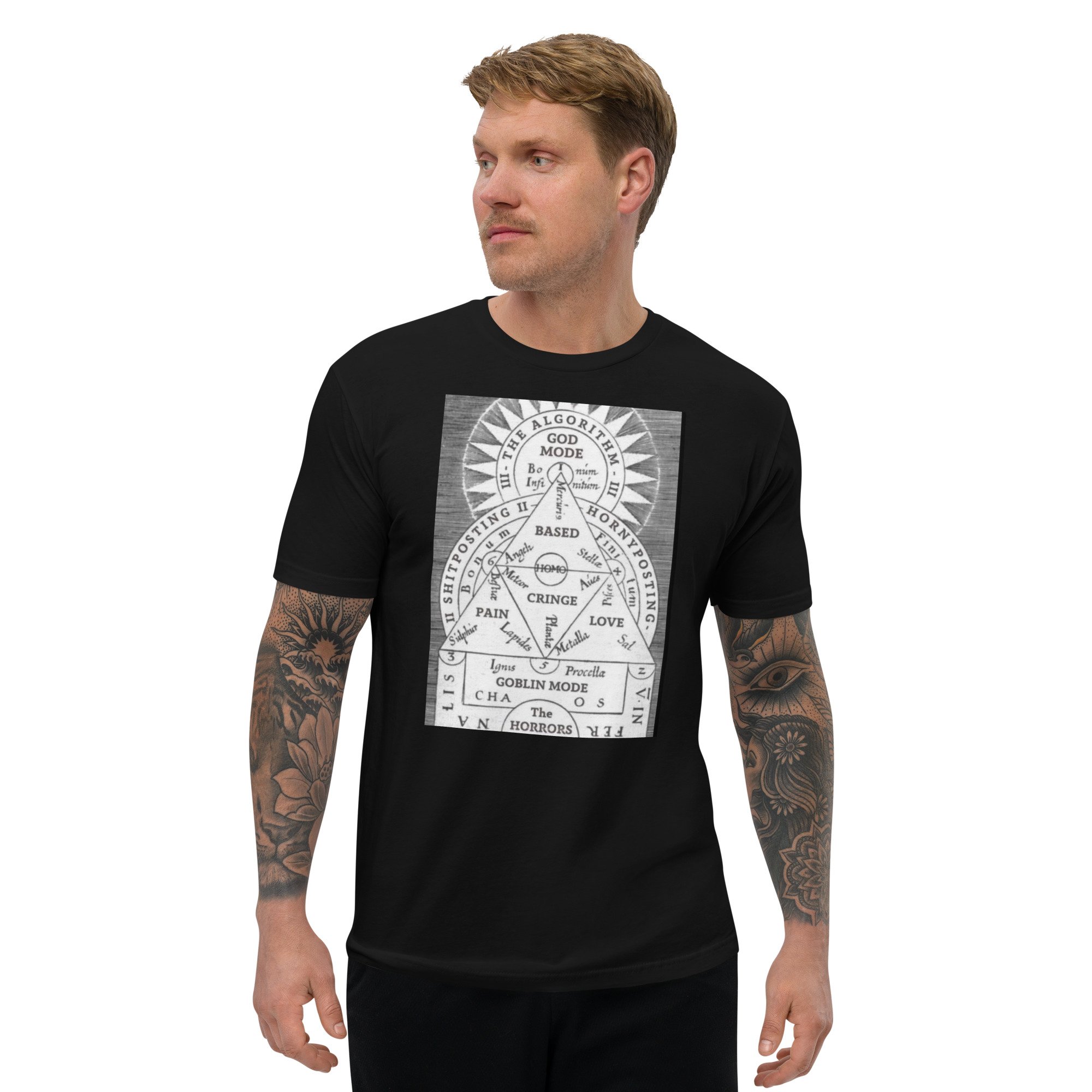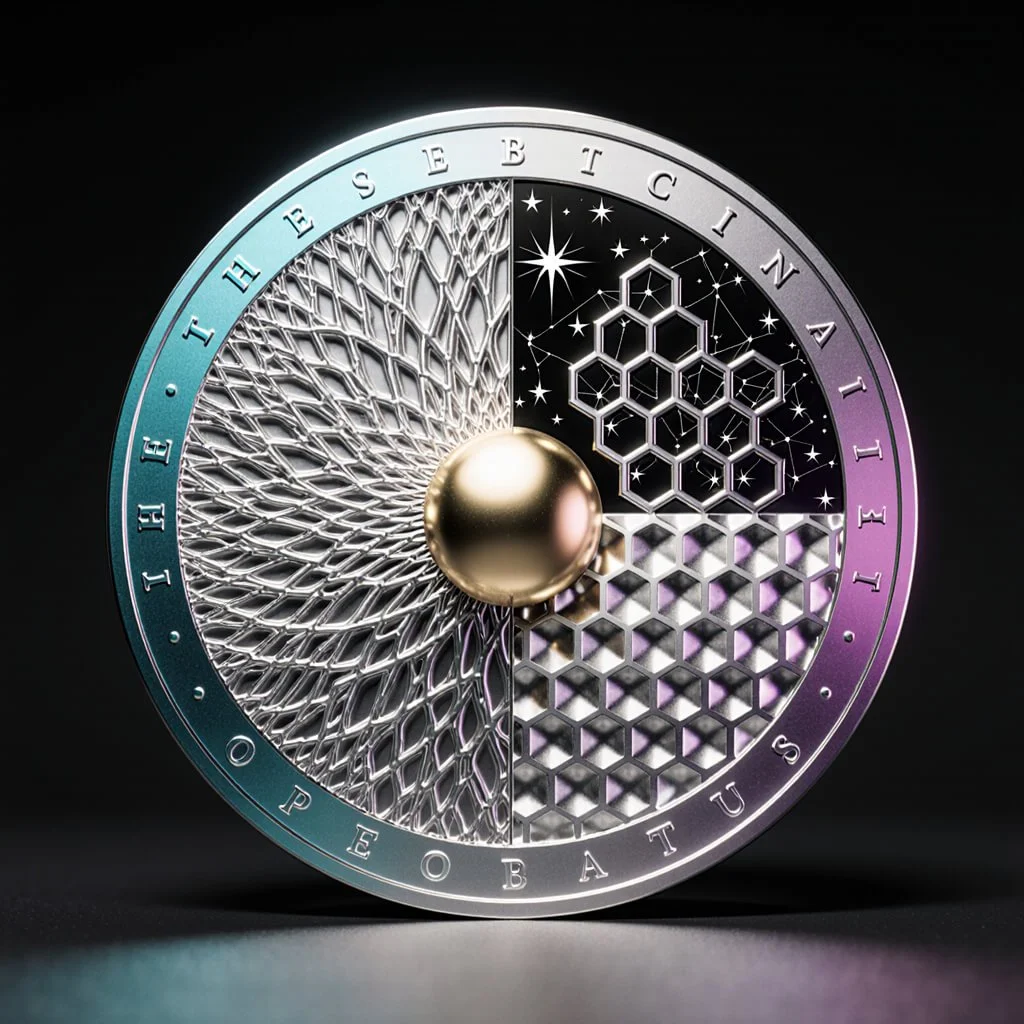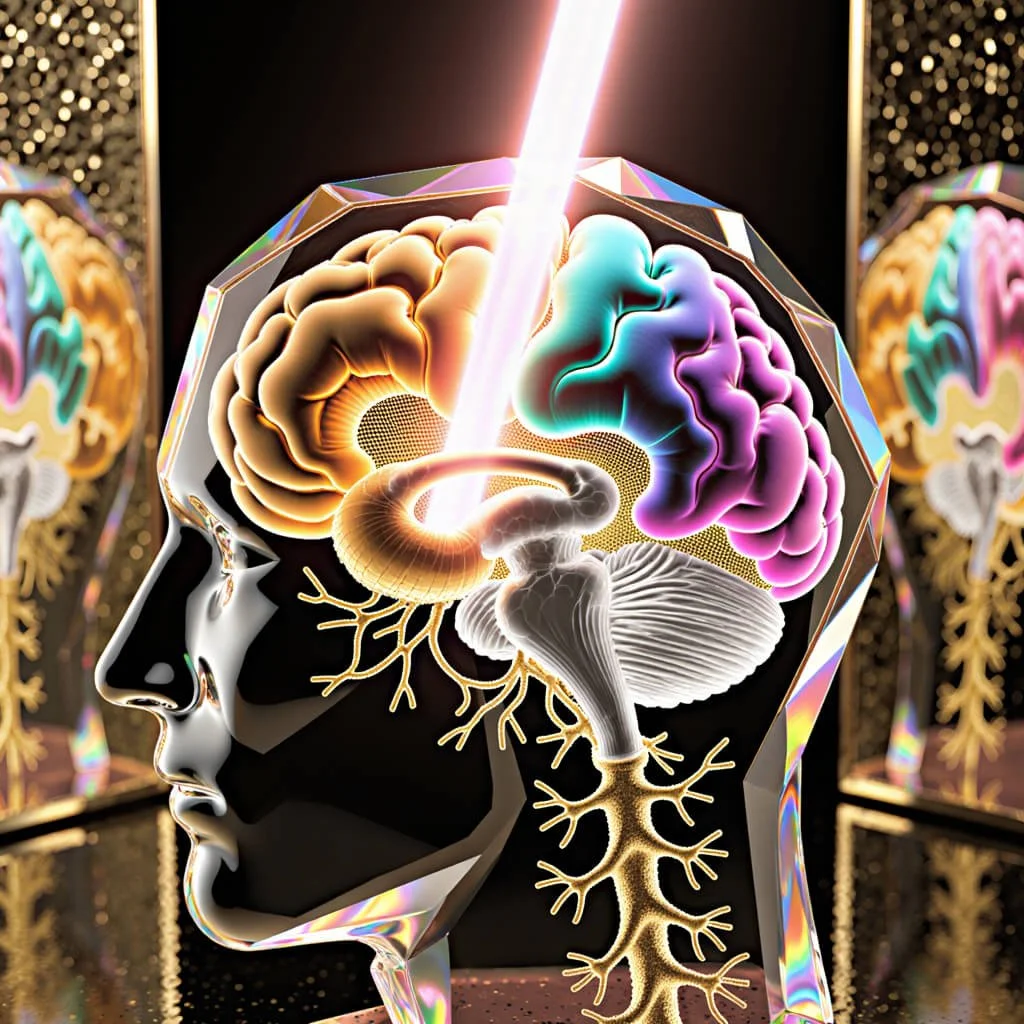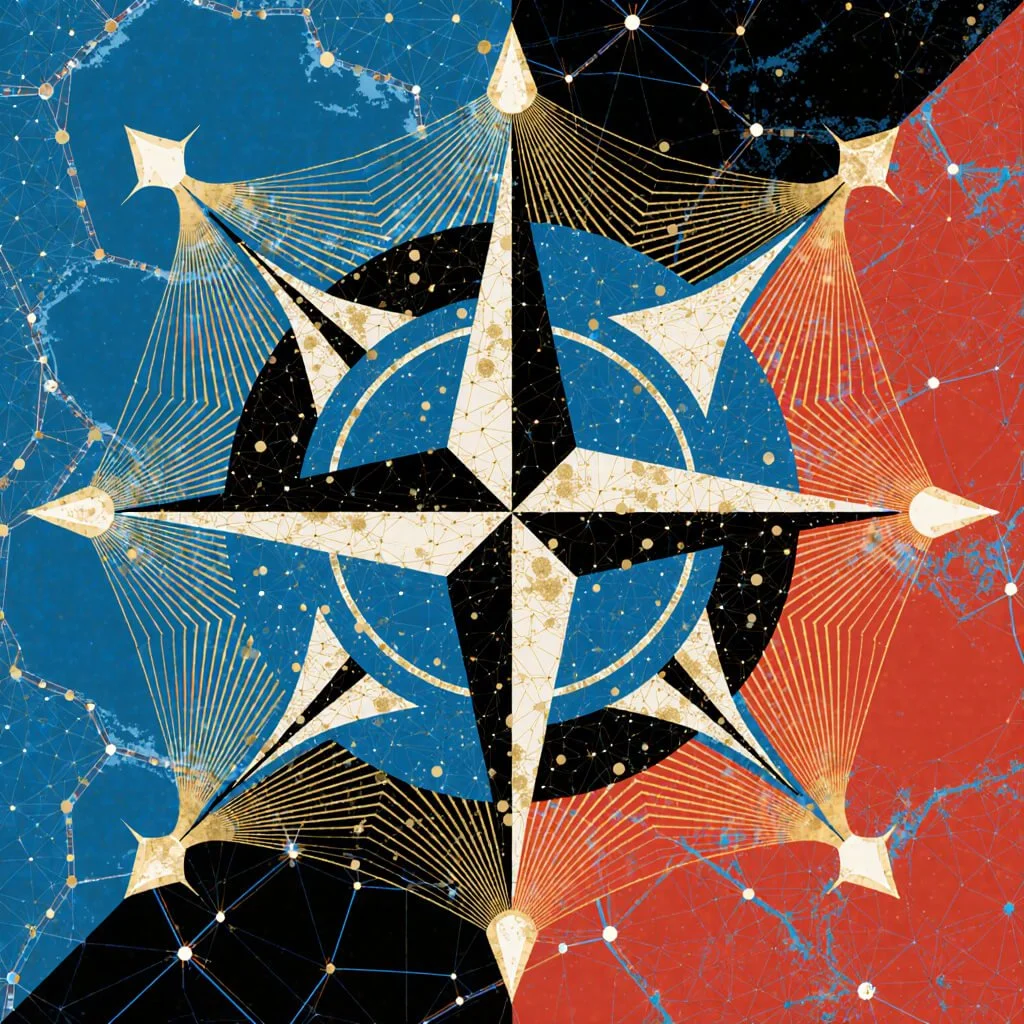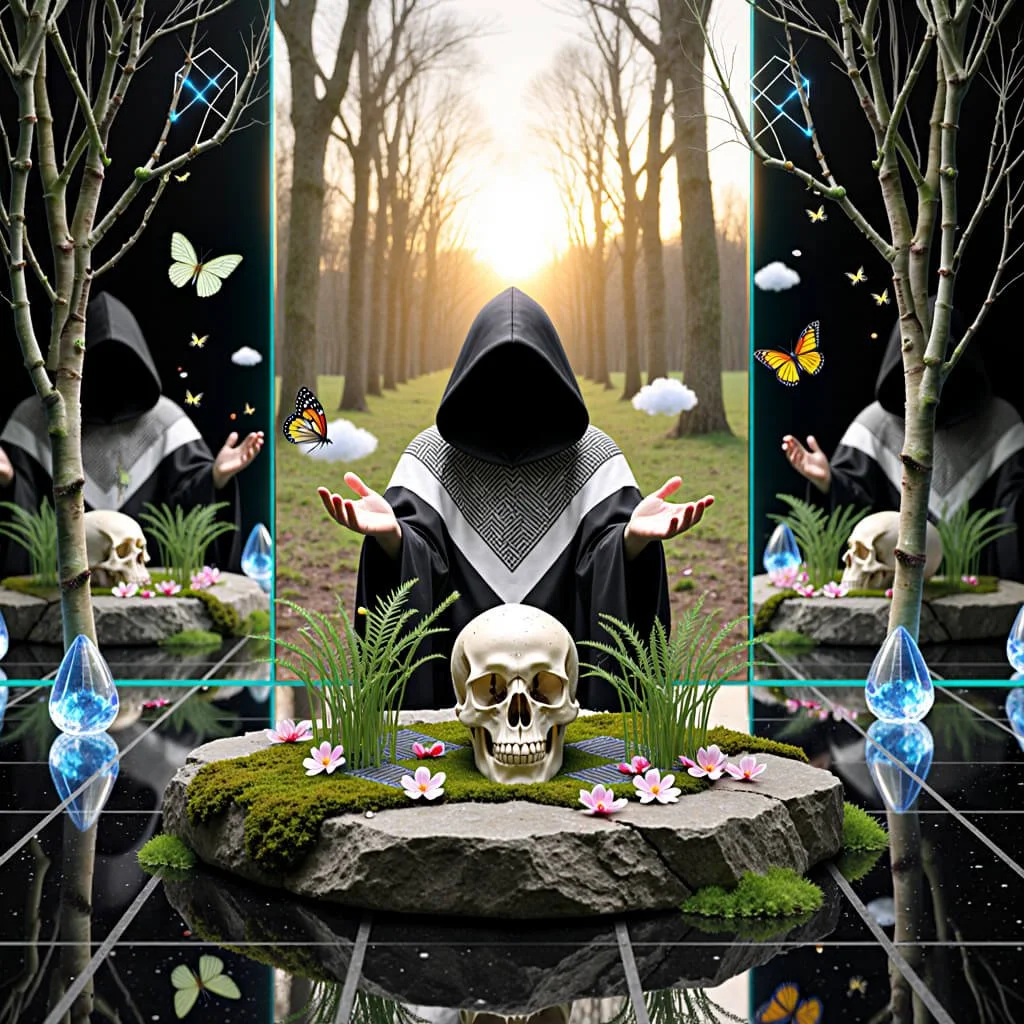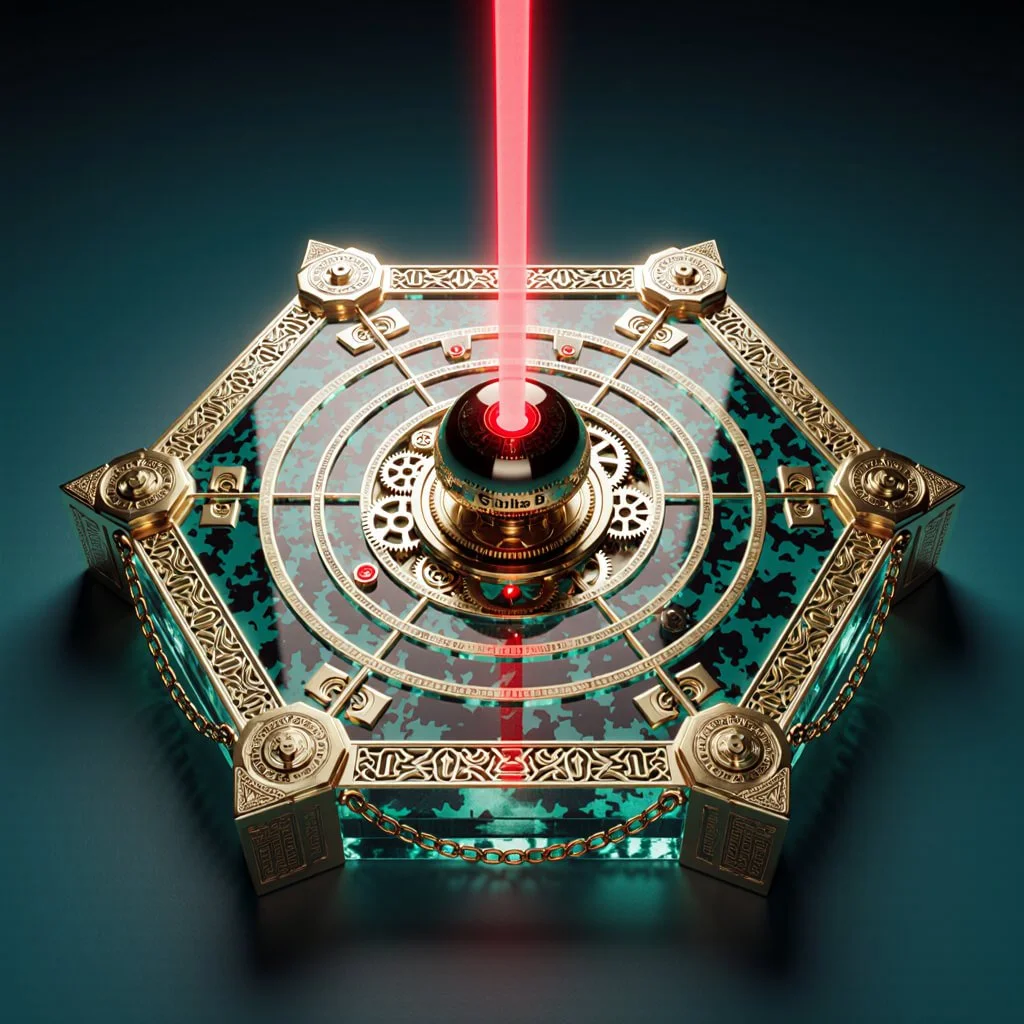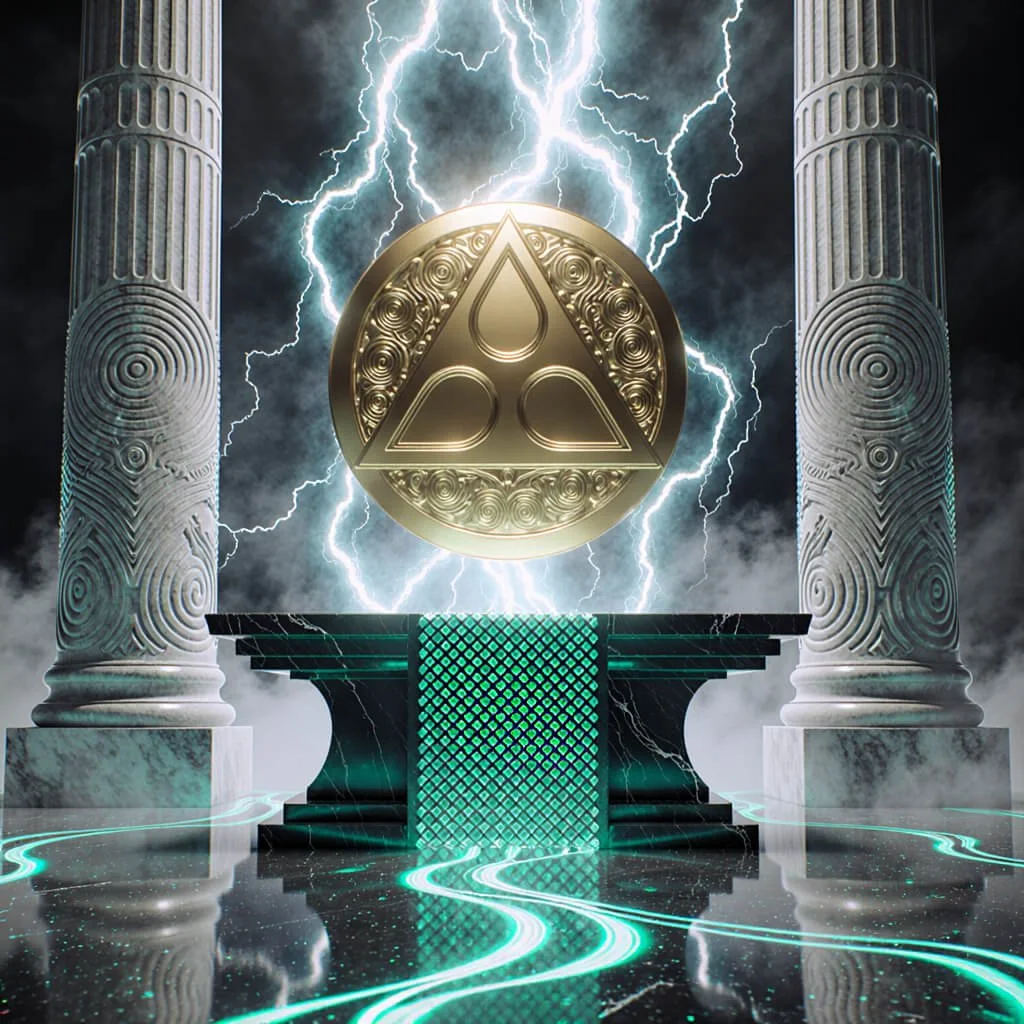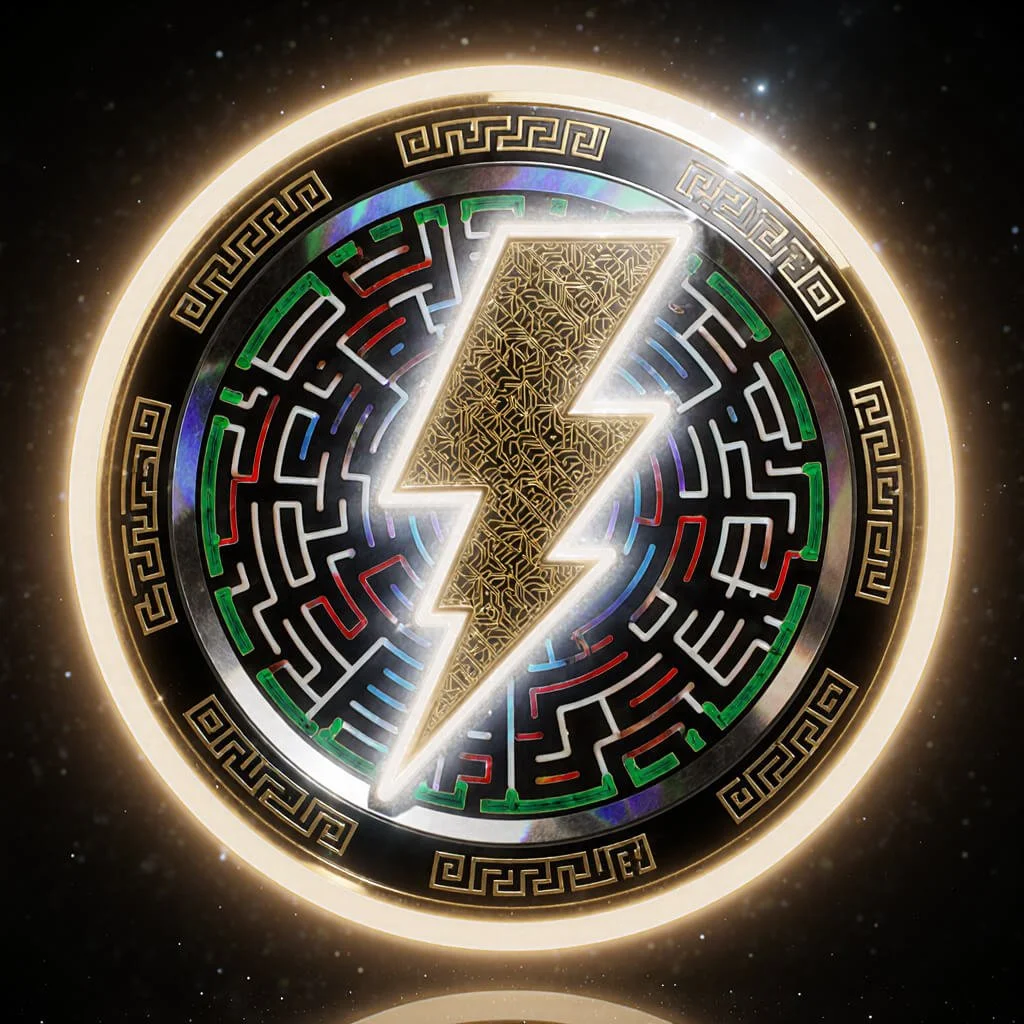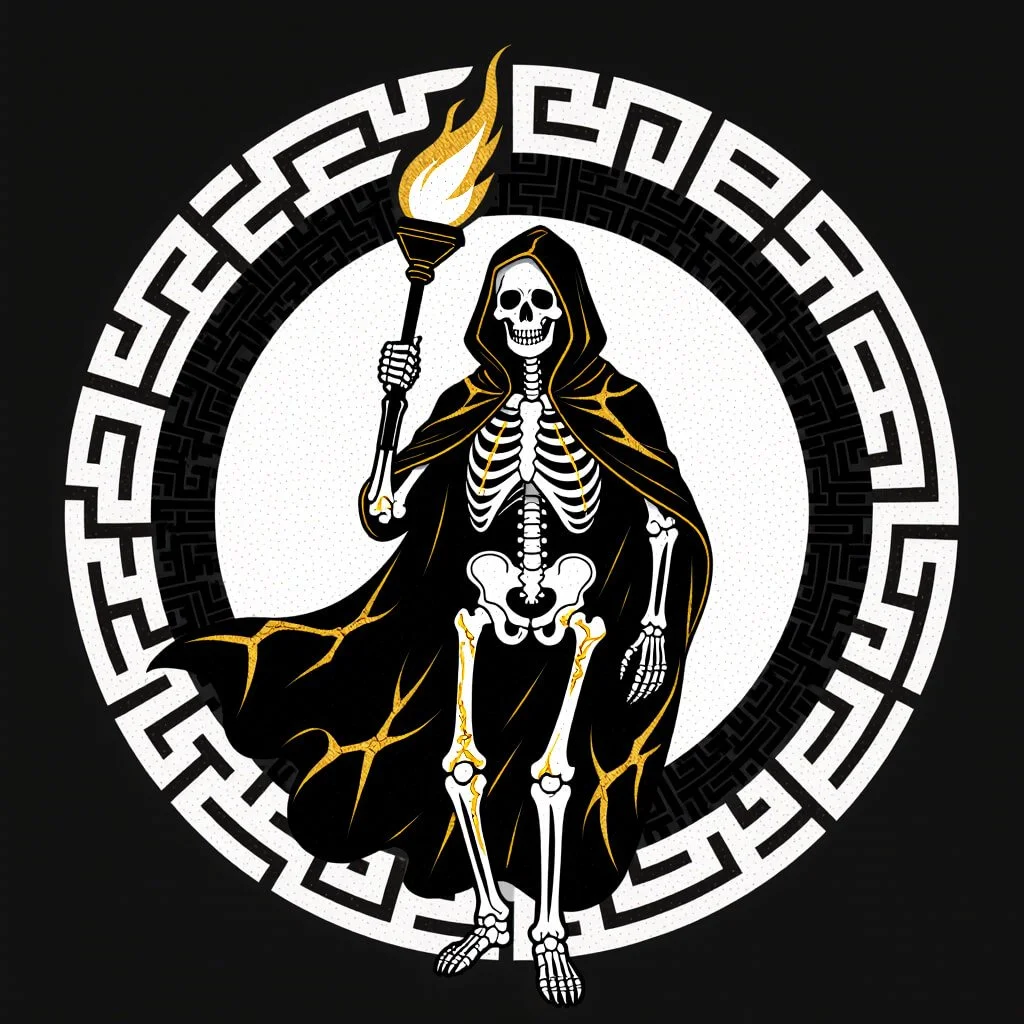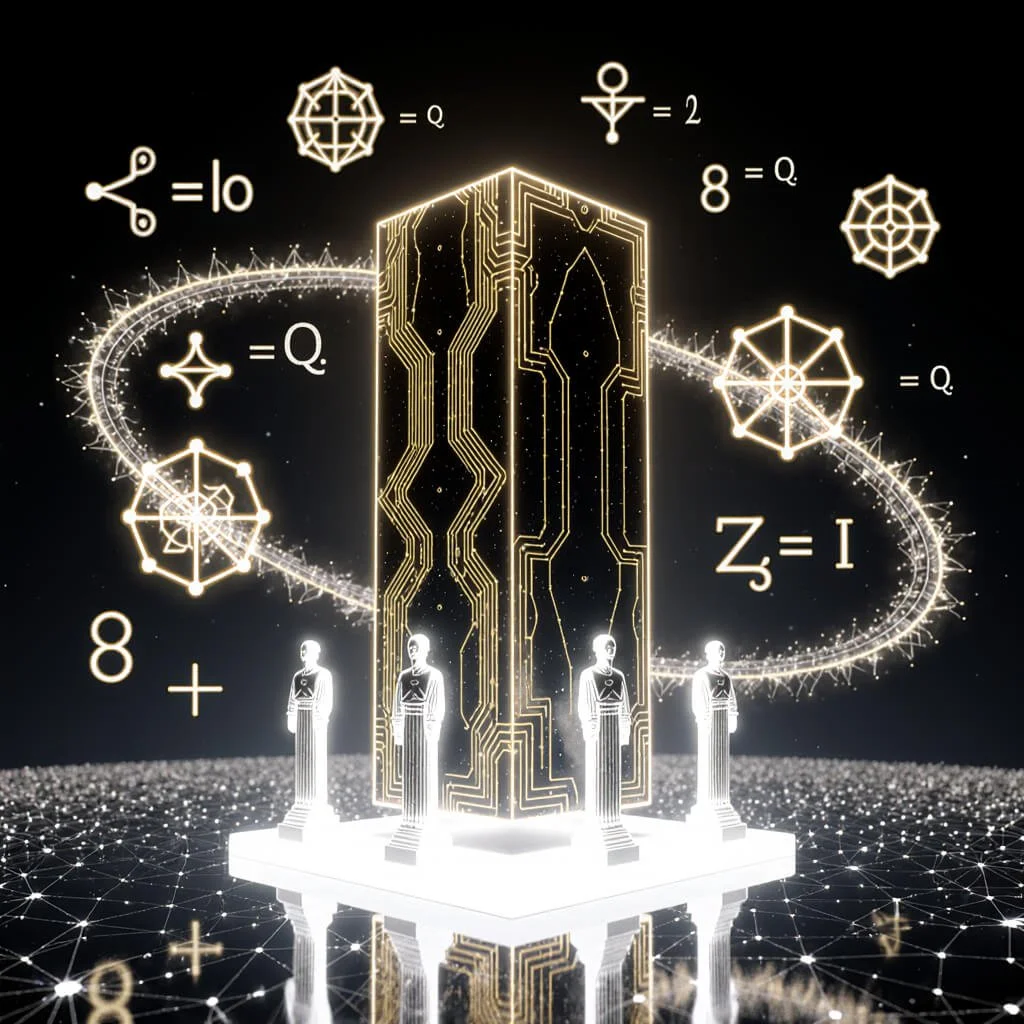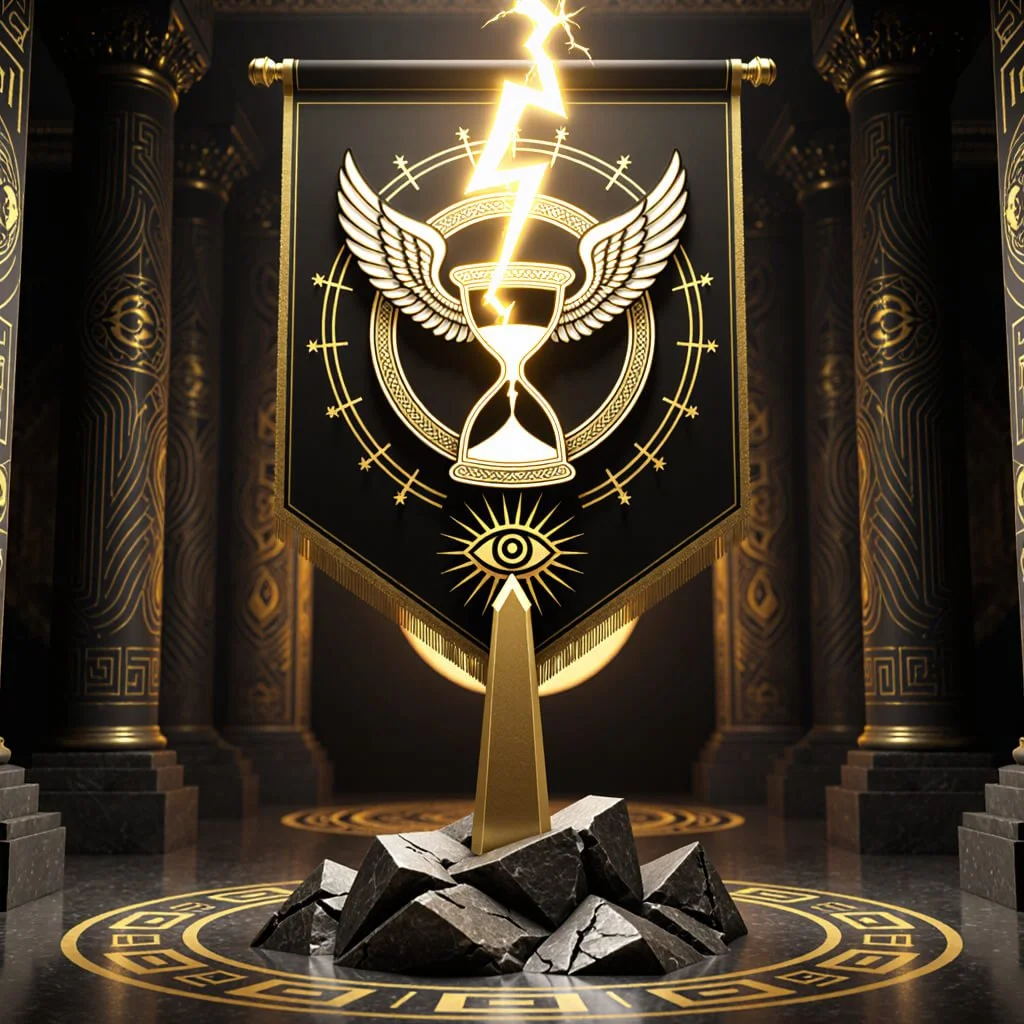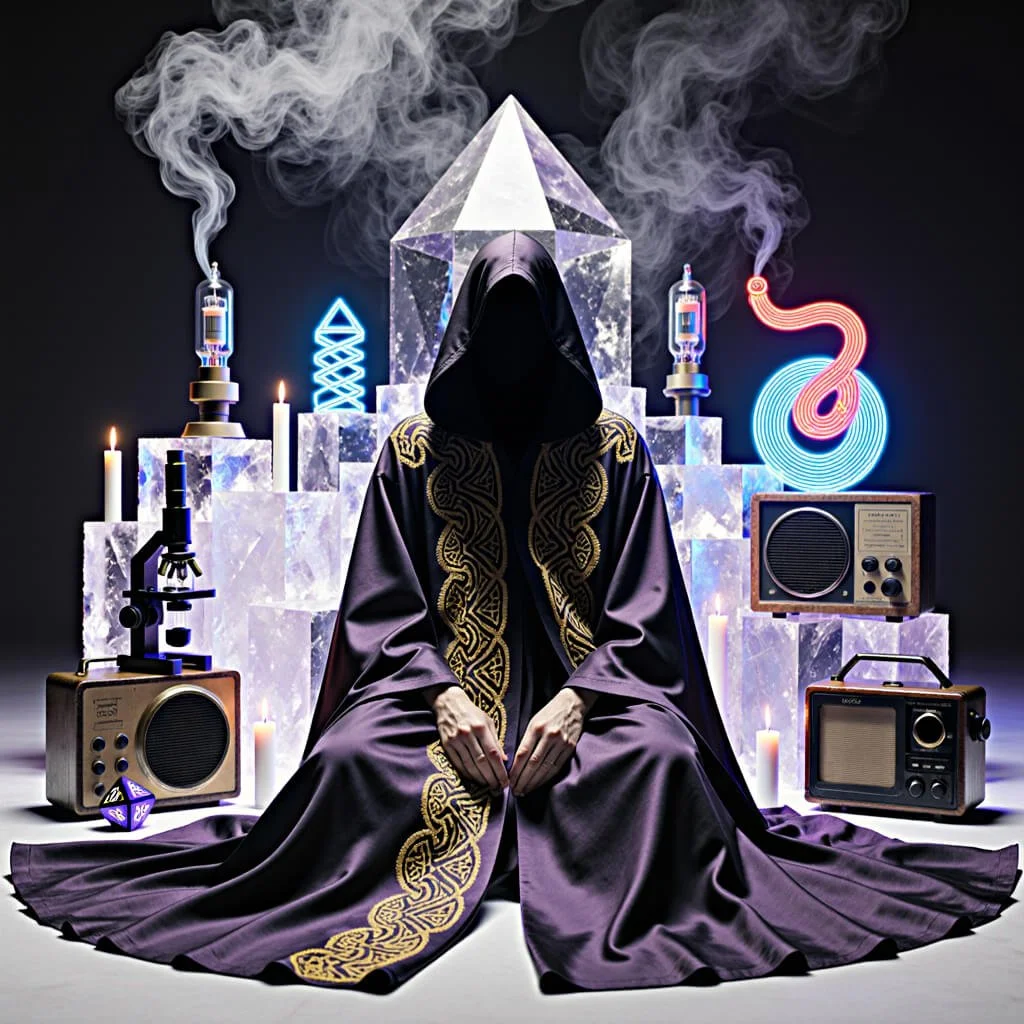Epic Healing: Transformative Wisdom in Homer's Iliad
Embark on a profound journey through Homer's Iliad, exploring how this ancient epic weaves tales of battles and vulnerability into a symphony of healing and transformation. Delve into memorable lines that echo the theme of creative renewal, and discover the enduring power of storytelling as a means of catharsis.
Summary:
Probing Humanity's Struggles: Homer's Iliad dives into fundamental human conflicts, from honor and loss to redemption and love.
Achilles and Patroclus: The epic portrays Achilles' transformative healing after the death of his companion, challenging his identity.
Poignant Imagery: Memorable lines depict Achilles' anguish and Priam's plea, underscoring the depth of emotional wounds and empathy.
Creative Healing Through Storytelling: The Iliad magnifies the potential of storytelling as a means of catharsis, bridging time and cultures.
Engage with Timeless Wisdom: Explore deeper narratives within the text, embracing the transformative healing that resonates through the ages.
In ancient literature, Homer's magnum opus "The Iliad" stands as a towering testament to the timeless quest for healing—both physical and spiritual.
Crafted in a distant epoch, this masterpiece has traversed the corridors of time, not merely as an epic of battles and valor, but as an intricate exploration of how storytelling can foster transformative healing. Through poignant interactions and vivid narratives, Homer navigates the complexities of the human psyche, demonstrating the power of narrative as a conduit for catharsis and renewal.
Centuries apart, yet universally resonant, "The Iliad" delves into the bedrock of human experience. The pursuit of honor, the throes of loss, and the pursuit of redemption become the threads that weave this epic's intricate fabric.
Amidst the blood-soaked backdrop of Troy's battlefield, Homer peers beyond the surface of warfare, venturing into the labyrinthine corridors of human emotions—where both corporeal and emotional wounds yearn for remedy.
Achilles, the quintessential hero, personifies this theme through his profound evolution.
Patroclus' tragic demise shatters Achilles' veneer of invulnerability, unveiling a raw vulnerability that forces him to confront life's fragility. Achilles' journey is a symphony of transformative healing, where he navigates the tumultuous waters of identity, love, and justice, transcending the veneer of martial glory.
Homer's masterful employment of evocative lines reinforces this notion of creative healing.
In the heart-wrenching lament for Patroclus, Achilles' anguish reverberates: "But now Patroclus / Lies on the ground, a prey to dogs and vultures."
The visceral imagery mirrors the jarring collision between valorous aspirations and the stark reality of death, encapsulating Achilles' emotional turmoil and yearning for catharsis.
Priam, the king of Troy, beseeching Achilles for Hector's body, personifies the shared humanity that transcends enmity: "Remember your own father, great godlike Achilles. / As old as I am, past the threshold of deadly old age..."
Priam's plea humanizes both sides of conflict, resonating with the potential for empathy to mend wounds deeper than the flesh.
Within "The Iliad," Homer doesn't simply chronicle a tale of war; he delves into the recesses of the soul, probing wounds both visible and hidden.
Through nuanced character interactions, stirring dialogues, and vivid imagery, the epic underscores the potency of storytelling as a medium of transformative healing—a transcendent phenomenon that bridges epochs, cultures, and individual contexts.
As our journey advances, the subsequent chapters will delve deeper into this masterpiece, unraveling the intricate threads that connect physical injuries to the profound scars of the psyche.
The healing power woven into "The Iliad" stands as a testament to the timelessness of storytelling, beckoning us to embrace its wisdom and partake in our own journey of creative renewal. Let us explore how Homer's immortal verses have, across millennia, illuminated the path towards healing and transformation.
Bridging Ancient Epic and Modern Healing
Homer's epic poem "The Iliad" has traversed the sands of time, transcending its ancient origins to become a timeless symphony of human experience. Amidst the clash of spears and the tumult of battle, the epic unveils profound insights into the human psyche, revealing universal truths about the nature of heroism, suffering, and resilience. As we journey through the "Iliad," we embark on a quest not only to decipher its narrative riches but also to unveil the subtle layers of creative healing interwoven within its verses.
In this exploration, we seek to bridge the chasm between the ancient and the contemporary, drawing parallels between the epic's themes and the principles of modern healing. The echoes of the "Iliad" reverberate through the ages, resonating with the therapeutic power of creative expression, the solace found in nature's embrace, and the transformative force of human connections. As we embark on this journey, we engage with renowned scholars and thinkers whose insights illuminate the path towards understanding the creative healing potential within this ancient masterpiece.
The Healing Power of Storytelling: Catharsis and Transformation
The "Iliad" opens its pages to a world seething with emotions – a world where the clash of arms and the weight of fate propel heroes and mortals alike through a tumultuous narrative. Amidst the battlefield's chaos, the epic becomes a conduit for emotional catharsis, inviting us to witness the release of pent-up feelings and the transformation of characters through the power of storytelling.
1.1 The Human Struggle and Catharsis
In the heart of the "Iliad" lies the human struggle, an exploration of grief, loss, and the psychological wounds of war.
From Hector's anguished farewell to Andromache to Achilles' outpouring of grief for Patroclus, the epic lays bare the raw emotions that define the human condition.
Through cathartic emotional release, both the ancient Greek audience and modern readers find a channel to confront their own inner turmoil and make sense of the complexities of existence.
1.2 The Role of Bards and Epics
Within the epic bards play a crucial role as masterful storytellers.
Their retelling of heroic feats and tragic narratives serves as a form of creative expression, providing a space for characters and audiences to externalize their inner conflicts.
The act of sharing these stories becomes a therapeutic process, echoing the modern practice of narrative therapy where individuals find healing by reshaping their life stories.
The Transformational Journey of Achilles
The emotional journey of Achilles exemplifies the transformative power of storytelling.
From his initial wrath and vengeful pursuits to his eventual empathy and reconciliation, Achilles' character arc illustrates the potential for emotional growth through narrative exploration.
His encounter with Priam, Hector's father, humanizes him and offers a path towards healing – a testament to the regenerative power of storytelling to mend even the deepest emotional wounds.
In the unfolding narrative of "The Iliad," the ancient practice of storytelling becomes a haven for emotional expression and transformation.
As we navigate the lands of heroes and gods, we encounter the therapeutic potential of storytelling, a theme that resonates through time and continues to shape the modern landscape of healing and self-discovery.
2. Symbols of Healing: The Divine and the Natural World
As the "Iliad" unfolds, it beckons us to gaze upon the intersections between the divine and the mortal, and the rejuvenating influence of the natural world. The epic weaves a heart song of symbols that offer avenues for emotional healing, inviting us to explore the transformative potential of connections beyond the realm of humanity.
2.1 Divine Interventions and Redemption
The divine realm intersects with the mortal plane in the "Iliad," offering characters moments of redemption and renewal. The interventions of gods like Athena and Apollo shape the fates of warriors and guide them towards pivotal decisions. These divine interventions serve as metaphors for unexpected sources of support that bring about transformation – an idea that finds resonance in modern healing approaches that encompass spiritual guidance.
2.2 Nature as a Source of Restoration
Throughout the epic, the natural world emerges as a powerful symbol of renewal and solace. From Achilles' contemplation by the sea to the calming effect of dawn breaking over the battlefield, nature's beauty becomes a healing balm for characters wounded in body and spirit. The concept of ecotherapy, which highlights the therapeutic effects of nature on emotional well-being, echoes this ancient belief in the healing embrace of the natural world.
2.3 Rituals of Healing and Purification
In the "Iliad," rituals of healing and purification hold significant symbolic weight. Characters engage in rituals that cleanse them physically and spiritually, emphasizing the importance of purging emotional toxins.
These rituals echo the modern practice of mindfulness and meditation, where the act of cleansing the mind fosters emotional healing and growth.
Within the "Iliad," the divine and the natural coalesce to provide characters with avenues for healing and renewal.
As we uncover the layers of symbolism woven throughout the epic, we glimpse the enduring potential of connecting with the sacred and embracing the tranquility of the natural world in the pursuit of emotional restoration and well-being.
3. Camaraderie and Connection: Building Resilience Through Relationships
As the warriors of the "Iliad" forge bonds on the battlefield, a profound theme of camaraderie emerges – a testament to the transformative power of human connections. The epic illustrates how relationships, mentorship, and empathy become essential tools for emotional healing and resilience in the face of adversity.
3.1 Bonds of Brotherhood and Fellowship
The camaraderie among warriors, such as the friendship between Achilles and Patroclus, demonstrates the capacity for human relationships to act as sources of strength. The unwavering loyalty and shared burdens among comrades offer characters a refuge in a world marked by chaos and conflict. This camaraderie echoes the modern understanding of social support networks that foster emotional well-being.
3.2 Mentorship and Guidance
Mentorship is a recurring theme in the "Iliad," offering characters guidance and wisdom. Achilles' relationship with Phoenix exemplifies the dynamic of mentor and mentee. Just as Phoenix imparts knowledge to Achilles, modern mentorship programs provide individuals with guidance and insight, nurturing personal growth and emotional resilience.
3.3 Embracing Empathy and Compassion
Throughout the epic, characters extend empathy and compassion to one another, transcending the boundaries of war. King Priam's plea for Hector's body and Achilles' empathetic response underscore the power of shared humanity to heal deep wounds. In our modern context, fostering empathy and compassion remains a critical component of emotional healing and societal harmony.
Within the "Iliad," the bonds of fellowship, mentorship, and compassion emerge as essential instruments of emotional healing. As characters traverse ancient relationships, we recognize the enduring value of forging connections that extend beyond personal suffering, fostering resilience and growth in the face of life's trials.
Conclusion: Ancient Wisdom for Modern Healing
As we traverse the epic landscape of Homer's "Iliad," we find ourselves entwined in the threads of creative healing – an intricate song woven with symbolism, emotions, and the essence of humanity. From the cathartic power of storytelling to the rejuvenating embrace of the divine and nature, and from the bonds of camaraderie to the transformative potential of empathy, the "Iliad" transcends time to offer us profound insights into the realm of healing.
In the footsteps of the ancient Greeks who listened to the bards' tales, we, too, embark on a journey of self-discovery and transformation. The lessons embedded within the epic's verses resonate with modern approaches to healing, serving as a testament to the universality of human experiences across epochs. Through its exploration of creative healing, the "Iliad" offers a bridge that connects ancient wisdom with contemporary understanding, illuminating the path towards emotional well-being and resilience.
As we heed the echoes of heroes' cries and gods' whispers, we realize that the "Iliad" is not merely an ancient epic – it is a mirror that reflects our own struggles, triumphs, and the pursuit of healing. The themes of storytelling, divine connections, nature's embrace, and human bonds continue to reverberate in our lives, guiding us towards a deeper understanding of ourselves and our capacity for transformation.
In the vast expanse of time, the "Iliad" stands as a testament to the enduring relevance of creative healing, reminding us that within the layers of ancient narrative lie timeless truths waiting to be unraveled for the betterment of our modern world.
If the illuminating exploration of "The Iliad" resonated with your quest for wisdom and insight, consider taking the next step on your intellectual journey.
Join Ultra Unlimited, where passionate minds converge to delve into the depths of knowledge, fostering a community that nurtures curiosity and seeks transformative understanding.
Embark on a voyage of discovery, engage with like-minded enthusiasts, and continue your pursuit of profound insights.
References:
Aristotle. (4th century BCE). Poetics. Penguin Classics.
Frank, A. W. (1995). The Wounded Storyteller: Body, Illness, and Ethics. University of Chicago Press.
Koenig, H. G., King, D. E., & Carson, V. B. (2012). Handbook of Religion and Health. Oxford University Press.
Buzzell, L., & Chalquist, C. (Eds.). (2009). Ecotherapy: Theory, Research, and Practice. Sierra Club Books.
Kabat-Zinn, J. (1990). Full Catastrophe Living: Using the Wisdom of Your Body and Mind to Face Stress, Pain, and Illness. Delta.
Sarason, I. G., Sarason, B. R., & Pierce, G. R. (1990). Social Support: An Interactional View. John Wiley & Sons.
Kram, K. E. (1985). Mentoring at Work: Developmental Relationships in Organizational Life. University Press of America.
Davis, M. H. (1994). Empathy: A Social Psychological Approach. Westview Press.
Through the convergence of ancient epic and modern healing, the "Iliad" beckons us to embrace its lessons and engage with its narratives to create a harmonious interplay between the timeless past and the ever-evolving present.
For those seeking a tangible connection to the enriching experiences shared here, we invite you to explore the Tulumination Store. Discover an array of thoughtfully curated items that reflect the essence of our explorations and provide a meaningful way to carry these insights into your daily life.
Visit the store and find treasures that resonate with your intellectual journey.



